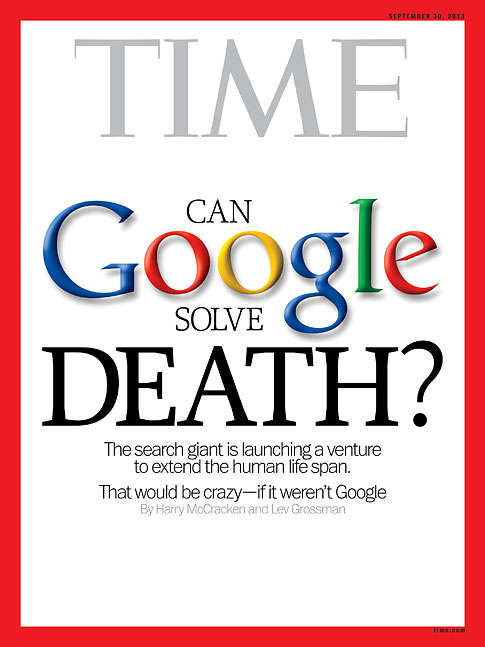
(4 of 7)
Spring Cleaning
Page's tenure has not been free of controversy. Like some of its competitors in Silicon Valley, Google was caught up in a government-spying scandal earlier this year. Documents leaked by Edward Snowden revealed a National Security Agency data-collection program called Prism, which internal documents claimed offered direct access to the servers of tech firms, including Google. The company denies this characterization. "There's some misunderstanding, probably, of people assuming we were complicit," Page says of the ongoing episode. "We've tried hard to correct those things. We work very hard to protect your data as a user." In the wake of the revelations, Page and Schmidt have tried to walk a fine line, calling for greater transparency without explicitly criticizing law enforcement.
Page has also concentrated on avoiding flops like Wikipedia knockoff Knol and Google Buzz, a Twitter clone almost nobody wanted to use. He has done this, in part, by ratcheting down the number of new-product introductions and by axing existing projects in periodic "spring cleanings." (Both of those products, for instance, were killed.) He has, in a memorable phrase, declared his intention to put "more wood behind fewer arrows." "When Larry co-founded Google, he was not ready to run Google," explains venture capitalist and early investor John Doerr of Kleiner Perkins Caufield Byers. "Today, I can't imagine anyone doing it better than Larry Page." (Doerr sits on Google's board.) Jeff Jarvis, author of What Would Google Do?, echoes that, noting that Page has been "ruthless" about nixing lackluster ideas.
The new role model for Google products turns out to be the oldest one in the store: search. Early incarnations of Google.com slaughtered competitors like AltaVista by being vastly more accurate. Other early hits like Gmail, with its abundant free storage, and Google Maps, with its Street View imagery, succeeded for similar reasons. Google is trying to prove that it can still do that. "Larry pushes us to have 10x innovations--innovation 10 times greater than what we have in the market today," explains Johanna Wright, a vice president whose portfolio includes one of the company's most important growth areas, mobile search.
Most of the firm's wildest ideas are dreamed up at Google X, which functions something like Google's fantastical subconscious. It's a secretive research arm headquartered a three-minute ride from the main Googleplex on one of the company's 1,000-plus brightly colored bikes. While Page tends to the entire business as CEO, Brin now devotes much of his attention to X, which he runs in partnership with scientist and entrepreneur Astro Teller. Teller's title--just to underline the operation's stratospheric aspirations--is "Captain of Moonshots." (Teller changed his name from Eric to Astro, a reference to the AstroTurf-like buzz cut he sported in high school.) Except for his long hair, beard and mustache, he's a dead ringer for his paternal grandfather, physicist Edward Teller, the father of the hydrogen bomb.
